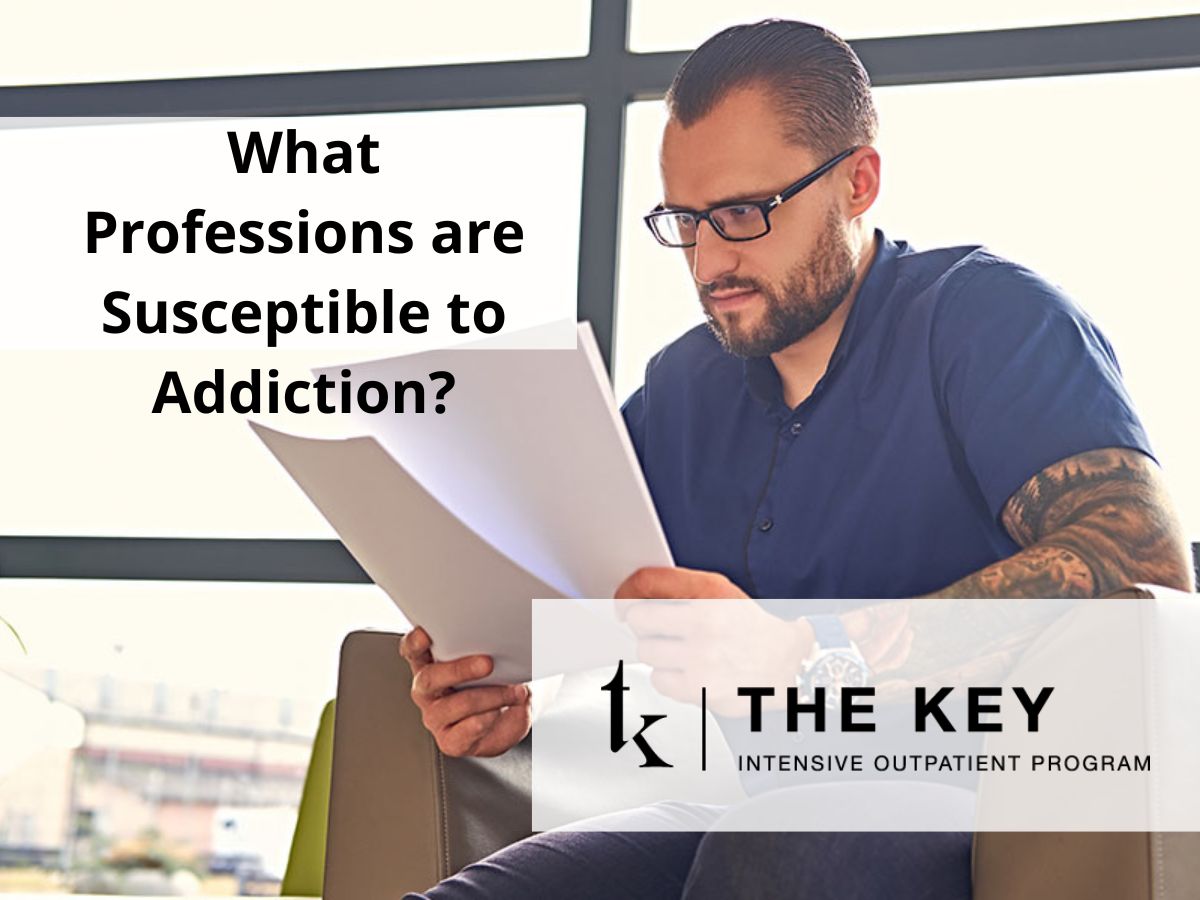Alcohol and drug addiction can be incredibly difficult to overcome without assistance. Fortunately, many programs are available, so this fight does not have to be done alone. Various addiction recovery facilities offer the necessary support and help to aid in achieving sobriety.
If you or a loved one is struggling with addiction, you may have noticed that various options are available, including holistic treatment programs and traditional substance abuse treatment options. But what is a holistic therapy for addiction, and how does it differ from conventional methods?
We’ll answer these questions and additional information to help you determine the best addiction treatment programs for your needs.
What Role Does Mental Health Have in Addiction Treatment?
Recent studies have shown a high incidence of comorbidity between mental health disorders and substance abuse. These studies also find that either problem may come first, depending on the underlying connection.
Individuals with mental health disorders may turn to addictive substances to help them cope with the underlying symptoms of their disorder. For instance, a person may turn to marijuana to help calm them down during a panic attack or use alcohol to combat depression or reduce the effect of flashbacks in PTSD. Unfortunately, these solutions are only temporary and can ultimately exacerbate the problem.
On the other hand, long-term use of certain substances can cause mental health disorders to develop. A prime example of this is drug-induced schizophrenia. Therefore, it is imperative to address both substance abuse and mental health disorders together for success in long-term recovery.

Benefits of Holistic Therapy When Treating Addiction
Holistic therapies are designed to treat the body, mind, and spirit as a whole. The word “holistic” is derived from the Greek word “holos,” meaning “whole.” Holistic treatment approaches can help strengthen an individual’s sense of self and boost self-esteem.
Introducing new hobbies and activities into a person’s life during their recovery journey can create a stronger identity — one that doesn’t include substance abuse. Holistic therapies can also improve overall health and wellness while providing healthy coping mechanisms that can be used to prevent relapse and achieve lasting recovery.
Traditional Programs vs. Holistic Practices (Treatment Programs)
Holistic treatment options work best when paired with traditional treatment programs. Traditional programs focus on physically overcoming addiction, using intensive outpatient, detox and residential programs. Although these programs can be helpful, oftentimes, they may not be sufficient on their own.
Traditional programs are often limited because they do not integrate holistic practices. While conventional options primarily focus on the physical aspects of addiction, holistic treatment focuses on the whole self encompassing the mind, body and spirit of the person seeking treatment. Incorporating each element offers the greatest chances of staying sober and maintaining it indefinitely.

Types of Holistic Addiction Treatment
Holistic therapy offers a wide range of approaches that can be individually tailored to the specific needs of the individual. Holistic addiction treatment works with the personality and unique needs of the individual to create a solid foundation for their recovery process and ongoing journey to sobriety.
Holistic therapy takes many forms, which work best and often depend on the individual. However, some approaches have been extensively researched and shown to be more effective than others in treating substance use disorders.
Why Evidence-Based Modalities Are Best for Long-Term Recovery
There are many options for addiction recovery, mental health treatment and dual diagnosis treatment. But not all holistic therapies for addiction and behavioral therapies are created equally. Using evidence-based modalities is best for long-term recovery.
Evidence-based modalities have been scientifically proven to work through rigorous testing, professional examination and years of implemented practice. During this process, traditional and holistic methods are classified as useful, not useful or producing mixed results. Using the most useful techniques gives you the greatest chance of achieving sobriety and maintaining long-term recovery with lower risks of relapse.
A few examples of evidence-based modalities used in addiction recovery or mental health treatment programs include:
- Dialectical behavior therapy (DBT)
- Radically open dialectical behavior therapy (ro-DBT)
- Cognitive behavioral therapy (CBT)
- Eye movement desensitization and reprocessing (EMDR)
- Acceptance and commitment therapy (ACT)
- Medication-assisted treatment (MAT)
- Somatic therapy
- Evidence-based experiential therapy
- Guided meditation and imagery
- Music therapy
- Art therapy
- Acupuncture
Why Holistic Therapy Is the Key to Recovering From Addiction and Substance Abuse
Holistic therapy is an integrative approach focused on the whole self — mind, body and soul — to overcome addiction and co-occurring mental illnesses. This is key to recovery because holistic therapy helps individuals heal from trauma, manage stress, create new hobbies and learn healthy coping mechanisms. These tasks alone are important, but combined, they offer the greatest potential for long-term sobriety.
If you or a loved one is struggling to overcome addiction, know you do not have to face it alone. Call The Key Addiction Treatment Center today at (831) 484-4191 to learn more about our evidence-based modalities and holistic therapy for addiction program. You can also fill out our online contact form if preferred, and one of our team members will reach out to you as soon as possible.



